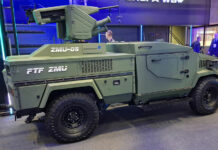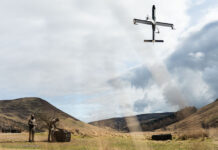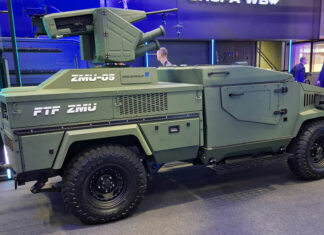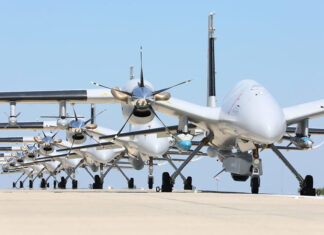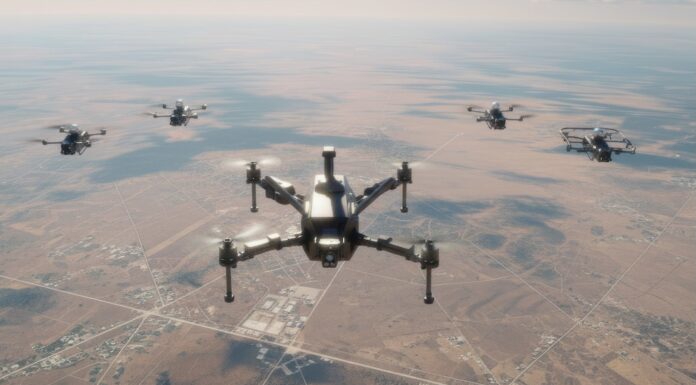The U.S. Defense Advanced Research Projects Agency (DARPA) has selected a concept developed by the Boeing Company (NYSE:BA) for the second phase of the Vulture long-endurance unmanned aerial system (UAS) program. The Solar eagle was selected over the Odysseus, a rival proposal submitted by Lockheed Martin and Aurora Flight Science’s. The agency awarded Boeing an $89 million contract for the development and flight demonstration of the Vulture air vehicle, a 400 ft. (122 m) wing span, quad-tail flying wing, designed for operation at very high-altitude of 90,000 – 60,000 ft, and operate continuously, unreplenished, for a period of five years. The Vulture will be able to carry a payload of 1,000 lb (450 kg) operated with 5kw of power. Vulture type platforms have potential in numerous roles: operation as a single platform, as a formation of multiple aircraft or as a constellation providing infrastructure augmentation or recovery.

Flight testing is expected to run through 2014, demonstrating a continuous mission spanning over 32 days. In addition, the agency will continue the definition of an objective system design and military utility in a range of applications. DARPA’s Vulture program is supported by a government team including the Air Force Research Laboratory and the National Aeronautics and Space Administration. Boeing is leading the program, teamed with Qinetiq that develop the ‘Solar Eagle’, a new airframe developed by QinetiQ, powered by a combination on solar panels and solid oxide fuel cells developed by Versa Power Systems. Boeing is also developing another high altitude UAV – the Phantom Eye, powered by hydrogen engines. Under another program, QinetiQ has developed a smaller solar powered drone – Zephyr UAS, which recently broke the world record for continuous flight.
DARPA considers the Vulture technology to provide services similar to a low-earth-orbit satellite, enabling rapid re-tasking and persistent surveillance capability addressing immediate needs of warfighter. An airborne, aircraft like platform have the inherent advantages of flexibility and mission responsiveness, as well as sensor resolution, reduced transmit/receive power and affordable deployment typical of an endo-atmospheric flight. Other attributes are typical of a satellite – such as low speed, high altitude and extended mission capability providing on-station persistence, zero logistics tail, and emissions, energy independence, minimal fleet size, absence of in-country footprint etc.
The program will help mature several key technologies, considered essential for future platforms of this type, includig solar energy collection, reliable and efficient energy storage and retrieval, aircraft reliability and mission assurance, and aeroelastics and flight control of a very large, flexible, lightly-loaded aircraft structure.
Related posts:

